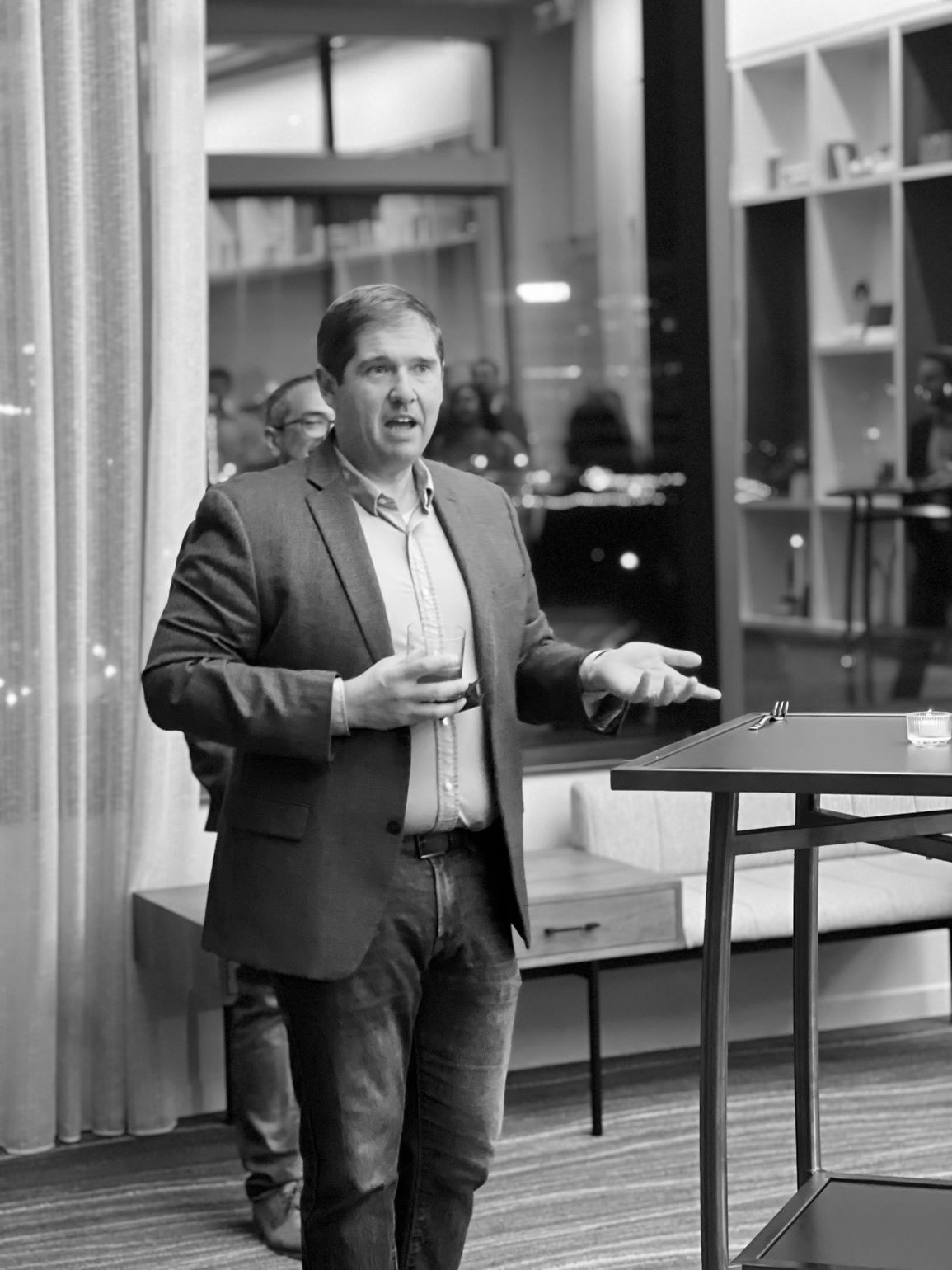The global impact of Covid-19 is stunning. The last few weeks have been filled with uncertainty and loss. Many are struggling with their own health issues or the unimaginable loss of loved ones. Others have suffered inconceivable loss as their previously “secure” workplace swiftly disappeared into thin air. Loss is really hard. In recent weeks, the articles focused on helping us manage the grief have flooded popular media. While these articles are incredibly valuable during this time, most have missed a key acknowledgement of an important predecessor to the grief process. Recognition of the loss.
A sense of loss comes in many different forms and even small changes in the workplace create sense of loss. Whether it is a change in technology, leaders, workspace, or strategy. Each shift activates a biological response that can create anxiety, and even fear, among the workforce. Now, we have changed everything all at once creating multiple feelings of loss simultaneously.
The root of the challenge is our human instinct to maintain connections with different tangible and intangible objects for support. This need for support is grounded in basic attachment behavior. Attachment behavior is an instinctual response that begins in our earliest days of life and impacts how we connect and interact with the world around us. Attachment can be positive. It can create strong cohesion among workers, help you build a productive culture, and make people excited to come to work. When those objects are taken away or are no longer available, then people can feel a real and acute sense of loss. This loss can profoundly impact the ability of the organization to complete daily work tasks.
Here are three practical suggestions that leaders can use to support their people during this time of unprecedented change (loss):
1) Acknowledge the loss.
The single biggest mistake that leaders can make during these trying times is to claim this is business as usual. This is not business as usual. Leaders need to work with their teams to demonstrate they understand there has been a shift in the nature of work and that each person may be feeling a sense of loss. Each leader needs to let their teams know – it is okay to feel like things are different because they are different. Leaders might start the conversation by demonstrating their own sense of loss – “I know things are different for us right now, I really miss walking through the front door and seeing Tiffany, the security woman at the front desk. She is always so friendly.”
2) Identify the loss.
Each person has different attachments. For some, it might be to people, but to others it might be physical objects in their space. Leaders and managers can effectively work through this period by asking their team members what they miss. This can be a group conversation or leaders can do these conversations 1-on-1. The core of the conversation is to identify what people might be missing as a way to understand how to support them through this period. The conversation may start, “When you think about the way we normally operate, what are you missing?” The answers may be surprising. It could be anything from an office mate to a feeling of a chair or a scent in the bathroom. You never know!
3) Create transitional objects.
With each transition comes the opportunity to create a new attachment. The tangible and intangible items that support people moving from a current state to a future state are called transitional objects. Leaders can create transitional objects during this period of remote work by creating a practice or singular object that is a part of the work week. Maybe this is some sort of personal object (like a bobblehead that will join each video chat) or it could be a shared experience. For example, a team member might offer, “I really look forward to grabbing lunch together twice a week. I miss that. Why don’t we do that? Let’s all have lunch together on Thursday via video chat?”
Today, businesses have been forced to change many elements of the workplace overnight. The impact on people is profound and many employees are likely feeling a deep sense of loss right now. Over the next few weeks or months, the success of businesses may very well come down to one question – how well can leaders manage and support their team’s sense of loss?
When we face the worst thing that can happen in any situation, we grow. When circumstances are at their worst, we often find our best. ~ Elisabeth Kubler-Ross
Bios
Victoria Grady is an assistant professor and director of the MSM graduate program at the George Mason University School of Business. Victoria is also President of Pivot Point, a small research consulting firm with a focus on the behavioral implications of understanding change through the lens of Attachment Behavior and Transitional Objects.
Patrick McCreesh is the co-founder and President of Simatree, LLC where he provides executive leadership on strategy, analytics, and change management through consulting, facilitation, and research. Patrick is also an Adjunct Professor teaching change, leadership, and team development at George Mason University School of Business.



